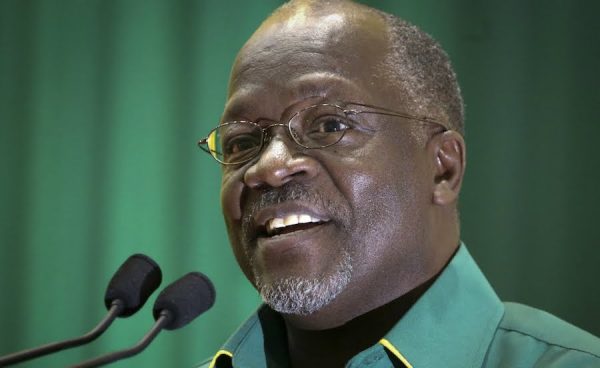Tanzania has ordered all mineral-producing regions in the East African nation to set up government-controlled trading centres by the end of June, accelerating efforts to curb illegal exports of gold and other precious minerals.
The trading centres will give small-scale miners direct access to a formal, regulated market where they can go and directly trade their gold. They currently struggle to access formal gold dealers who mostly based in the capital Dar es Salam and major towns.
A statement from the prime minister’s office said the first mineral trading centre was inaugurated in the northwestern town of Geita on Sunday, close to the country’s biggest gold mine owned by South Africa’s AngloGold Ashanti.
Small-scale miners produce around 20 tonnes of gold per year in Tanzania, but an estimated 90 percent of the output is illegally exported
“All mineral-producing regions should set up these trading centres as soon as possible to serve small miners,” the statement quoted Prime Minister Kassim Majaliwa as saying while commissioning the centre in Geita.
The Geita centre would serve as a model for others, the statement said, adding the centres were aimed at controlling smuggling of gold and other minerals.
Small-scale miners produce around 20 tonnes of gold per year in Tanzania, but an estimated 90 percent of the output is illegally exported, according to a report by a parliamentary committee.
Tanzania is Africa’s fourth-biggest gold producer after South Africa, Ghana and Mali and gold exports are a key source of foreign exchange.
It exported gold worth $1.549 billion last year, up slightly from $1.541 billion in 2017, central bank data shows.
President John Magufuli, who took office in late 2015, is pushing for more revenues from the mining sector, which is a relatively small contributor to national output.
In 2017, the government passed laws that the industry complained would be costly and onerous. Among other things, the laws hike taxes on mineral exports, mandate a higher government stake in some mining operations and force the construction of local smelters, a move some companies said was uneconomic.
Magufuli also ordered the central bank in January to start buying the country’s gold to curb smuggling and build reserves to stabilise the local currency.
Tanzania has also been locked in a prolonged conflict with London-listed Acacia Mining after authorities banned exports of gold and copper concentrates and accused the miner of tax evasion, which it denies.
Majaliwa said the trading centres will be jointly supervised by officials from a state-run mining commission and the state revenue service. They will also have banks to provide financial services to the dealers and miners._Reuters




